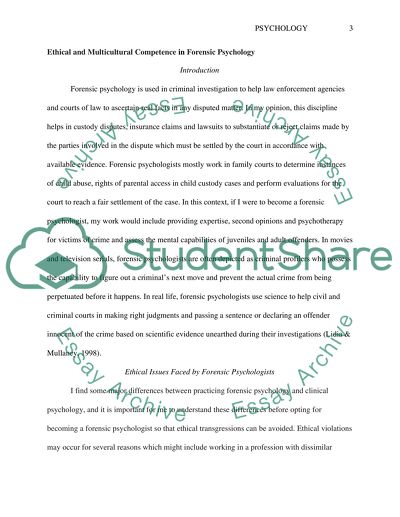Cite this document
(“Developing Ethical and Multicultural Competence Essay”, n.d.)
Retrieved from https://studentshare.org/psychology/1467248-developing-ethical-and-multicultural-competence
Retrieved from https://studentshare.org/psychology/1467248-developing-ethical-and-multicultural-competence
(Developing Ethical and Multicultural Competence Essay)
https://studentshare.org/psychology/1467248-developing-ethical-and-multicultural-competence.
https://studentshare.org/psychology/1467248-developing-ethical-and-multicultural-competence.
“Developing Ethical and Multicultural Competence Essay”, n.d. https://studentshare.org/psychology/1467248-developing-ethical-and-multicultural-competence.


